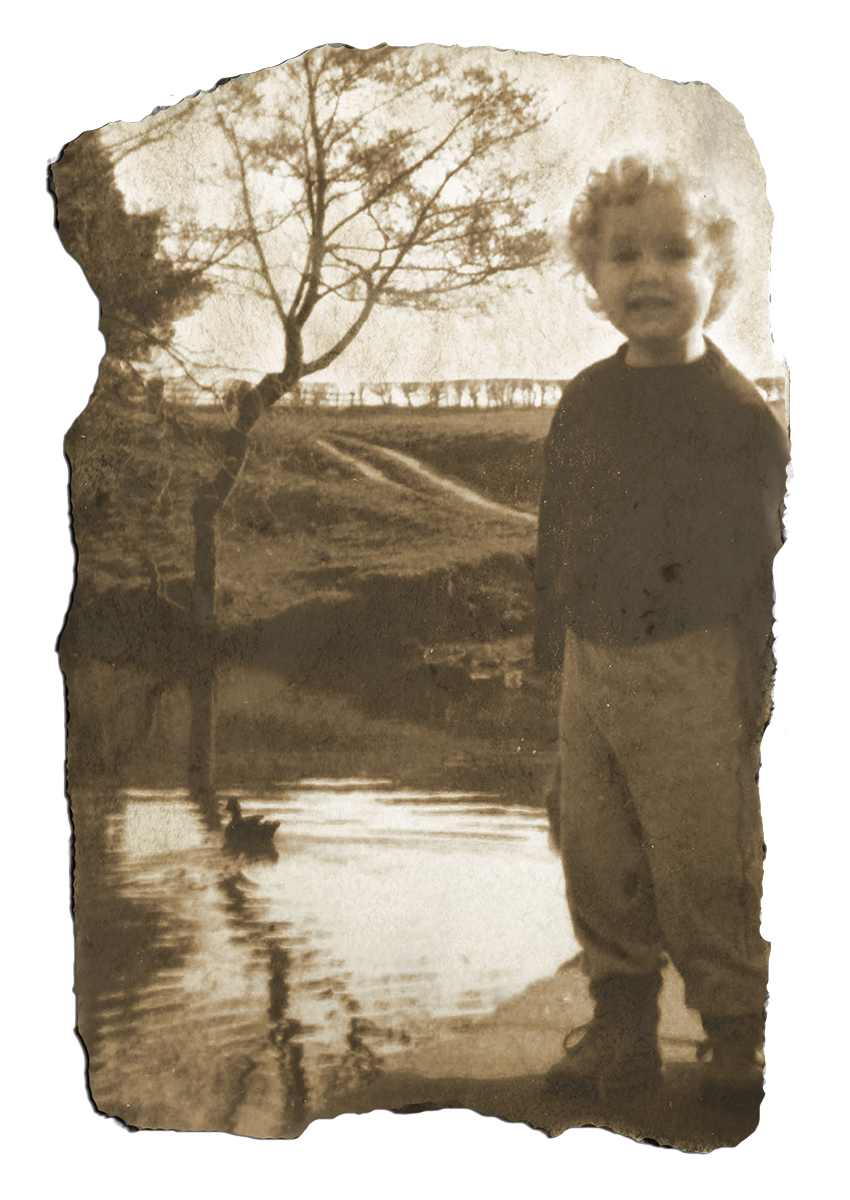Next year is the year of the bitch.
No one will get lucky,
No one will get rich
And we’ll be telling lies
When we say we don’t know why
We talk about this world as if it’s all in bits.
Next year is the year of the bitch.
The panicking will peak at a piercing pitch
And everyone will hate
And obsess about their weight
And waste away in want
For the things that they once ditched.
Where were you when we changed our minds,
Put our ideals on ice and our hearts into brine?
Where were you when we fell?
Where were you?
Next year is the year of the bitch.
We’ll package up our lives
And take them to the tips
And sit back in our chairs,
Assuming fancy airs,
As it all falls round our ears, drip by drip.
People all just stood around
Watering their lawns as the cities fell down;
I could barely make out the time
As the air turned to ash and the sea to slime.
Where were you when we changed our minds,
Put our ideals on ice and our hearts into brine?
Where were you when we fell?
Where were you?
Next year is the year of the bitch.
We’ll swallow all their lies
Like hungry little chicks,
Every consonant and vowel:
Wretched, rank and foul,
We’ll cling to every word
Like tiny little ticks.
Where were you when we changed our minds,
Put our ideals on ice and our hearts into brine?
Where were you when we fell?
Where were you when we lost ourselves?
Where were you?
This song began life as a very different animal. I wrote it when I was twenty-one or twenty-two. It came at a transitional time in my songwriting, as I was morphing from bedroom composer to pub circuit opening act. In my teens I wrote a bunch of political numbers (including one about the now-rather-fashionable Peterloo Massacre – always good to be topical), but they never suited me and I didn’t play them live. I was still finding my feet as a songwriter, as most people then knew me as a harmonica player.
 But the gloomy soapboxing in Year Of The Bitch contained the blueprints of a sort of angry twitchy humour that I’d go on to gleefully embrace after splitting from my previous band, The Derelicts. The political side of the song is vague enough to go unnoticed. I guess one could describe it as a sort of aimless dystopian blues.
But the gloomy soapboxing in Year Of The Bitch contained the blueprints of a sort of angry twitchy humour that I’d go on to gleefully embrace after splitting from my previous band, The Derelicts. The political side of the song is vague enough to go unnoticed. I guess one could describe it as a sort of aimless dystopian blues.
Musically its first incarnation was a dirgy cello-led affair with too many verses (one of which I later pinched and reworked for Dripping With Dew from Found Drowned). I finally revisited it in 2007/8 when the band needed a few more songs to fill out the longer sets we were finally getting booked for. The tune you hear on Youth is a lounged-up version of that rock rewrite.
